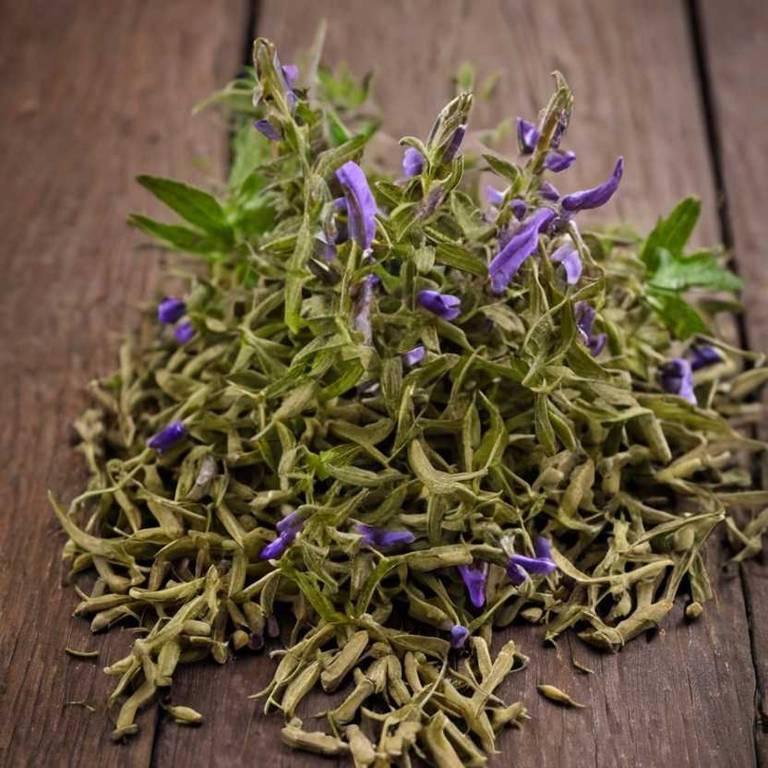Chinese skullcap
Scutellaria baicalensis
Ashwagandha is a prominent medicinal herb in Ayurvedic medicine, classified as a rasayana (rejuvenator). It is primarily utilized as an adaptogen to help the body manage physical and chemical stress.
Family
Solanaceae (Nightshade)
Native Region
India, Middle East, Africa
Part Used
Root, Leaf, Berry

Botanical Identification
Scutellaria baicalensis, commonly known as Chinese Skullcap, belongs to the family Lamiaceae. It is a perennial herb native to China, Korea, and Russia. The plant features a rhizomatous root system, oval-shaped leaves, and violet flowers. It is also referred to as Huang Qin in traditional Chinese medicine.
Active Compounds
Chinese Skullcap contains key bioactive compounds such as flavonoids, alkaloids, and glycosides. These compounds work synergistically to exert their therapeutic effects, influencing inflammation, oxidative stress, and neural activity through multiple pathways. This complex phytochemistry contributes to its broad medicinal applications in traditional and modern herbal medicine.
- Flavonoid
- Alkaloid
- Glycoside
Therapeutic Indications
| System | Condidtion | Action |
|---|---|---|
| Respiratory | Influenza, pneumonia, allergic rhinitis, bronchitis | Antimicrobial, anti-inflammatory, antihistaminic, expectorant |
| Digestive | Gastrointestinal infection, inflammatory bowel disease, gastroenteritis | Antimicrobial, anti-inflammatory, antiviral |
| Integumentary | Skin infections, psoriasis, acne | Antimicrobial, anti-inflammatory |
Preparation Methods
Decoction: Used for treating inflammation and digestive issues.
Infusion: Used for respiratory conditions and fever reduction.
Extract: Used for neurological disorders and anti-inflammatory purposes.
Safety Profile
Chinese Skullcap is generally considered safe when used in recommended doses. However, it may cause gastrointestinal upset in some individuals. Long-term use or high doses could lead to liver toxicity, so it should be used with caution and under medical supervision.